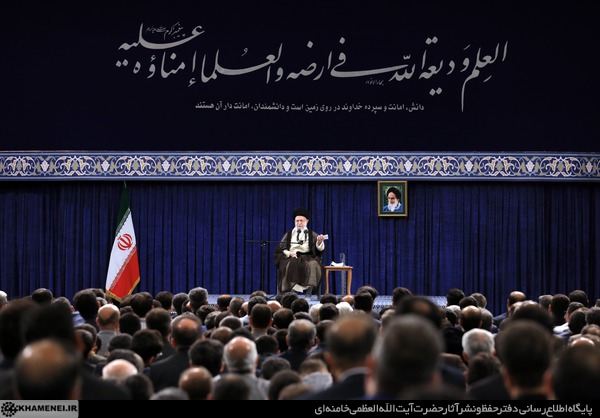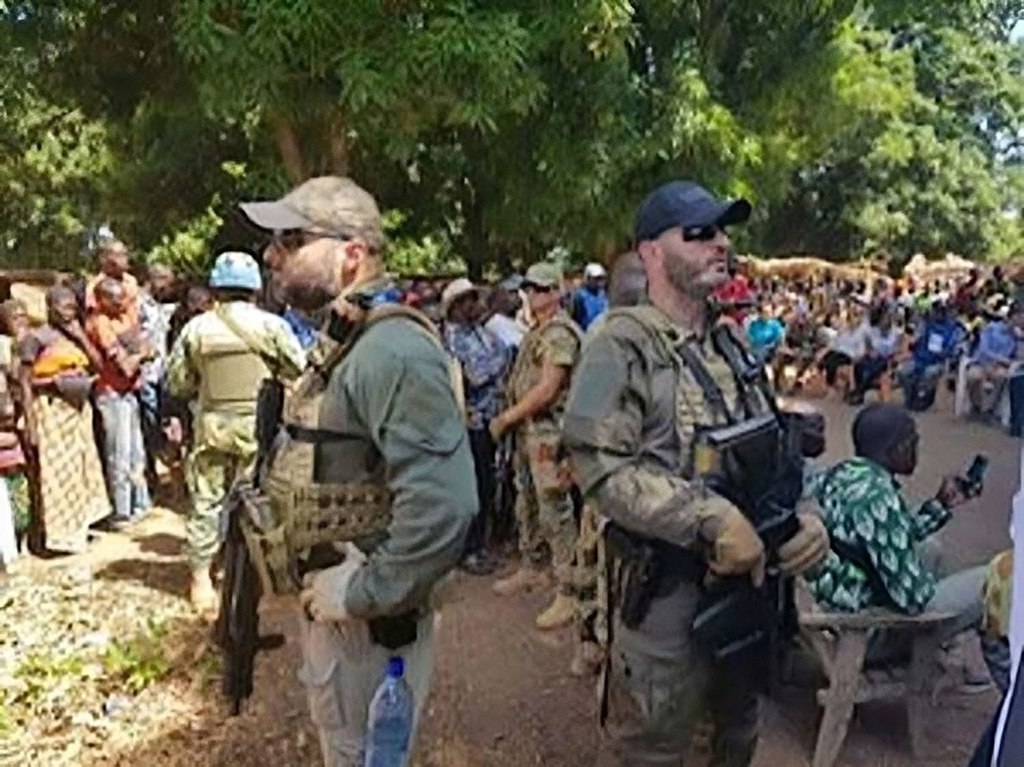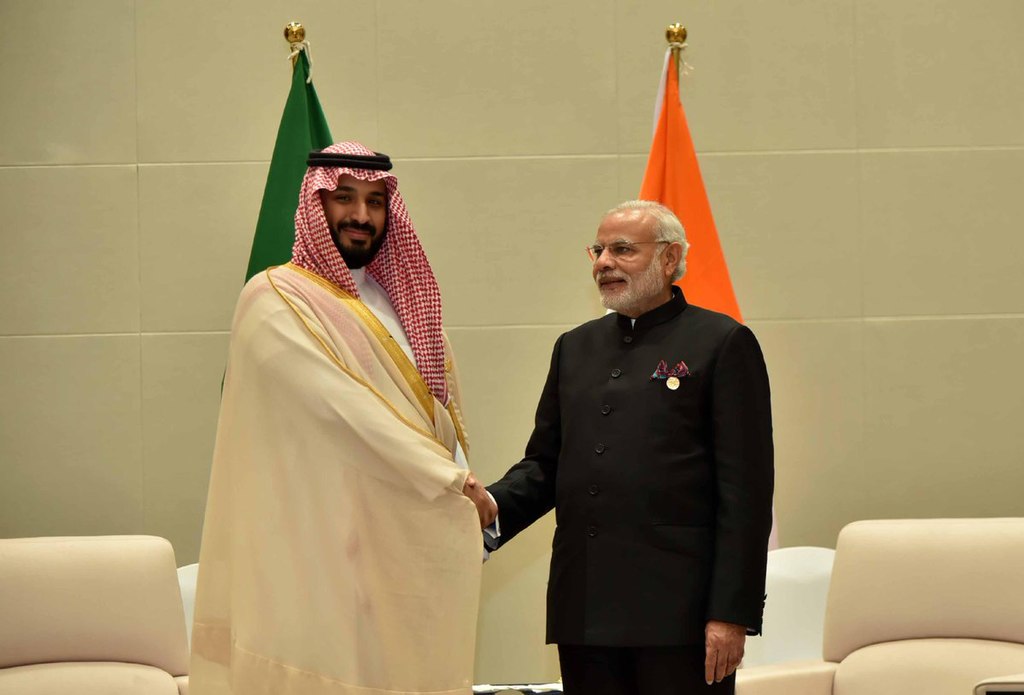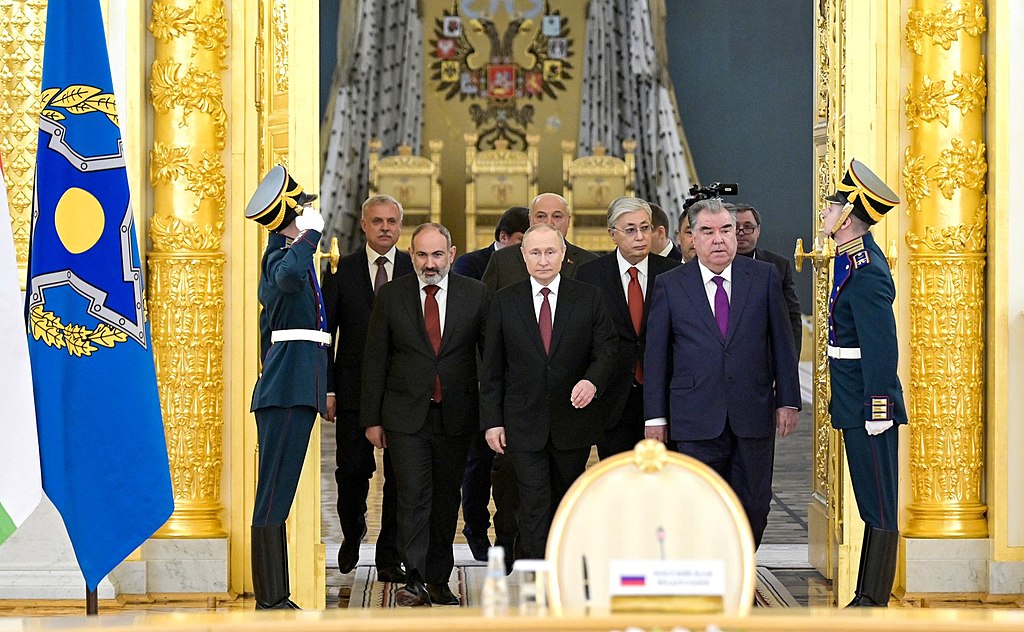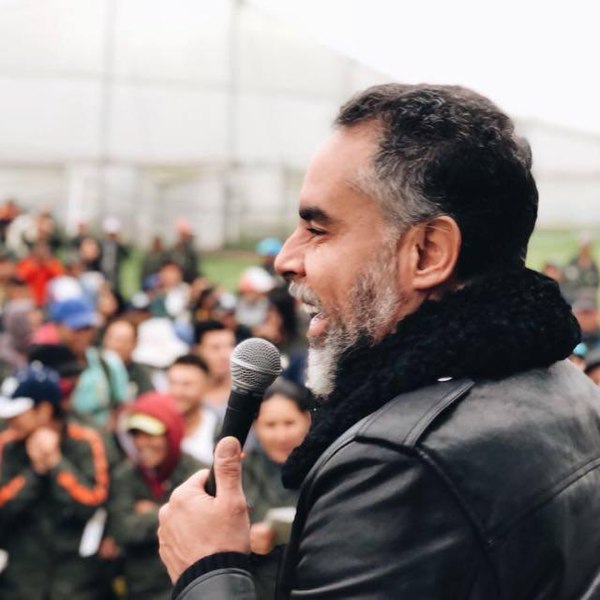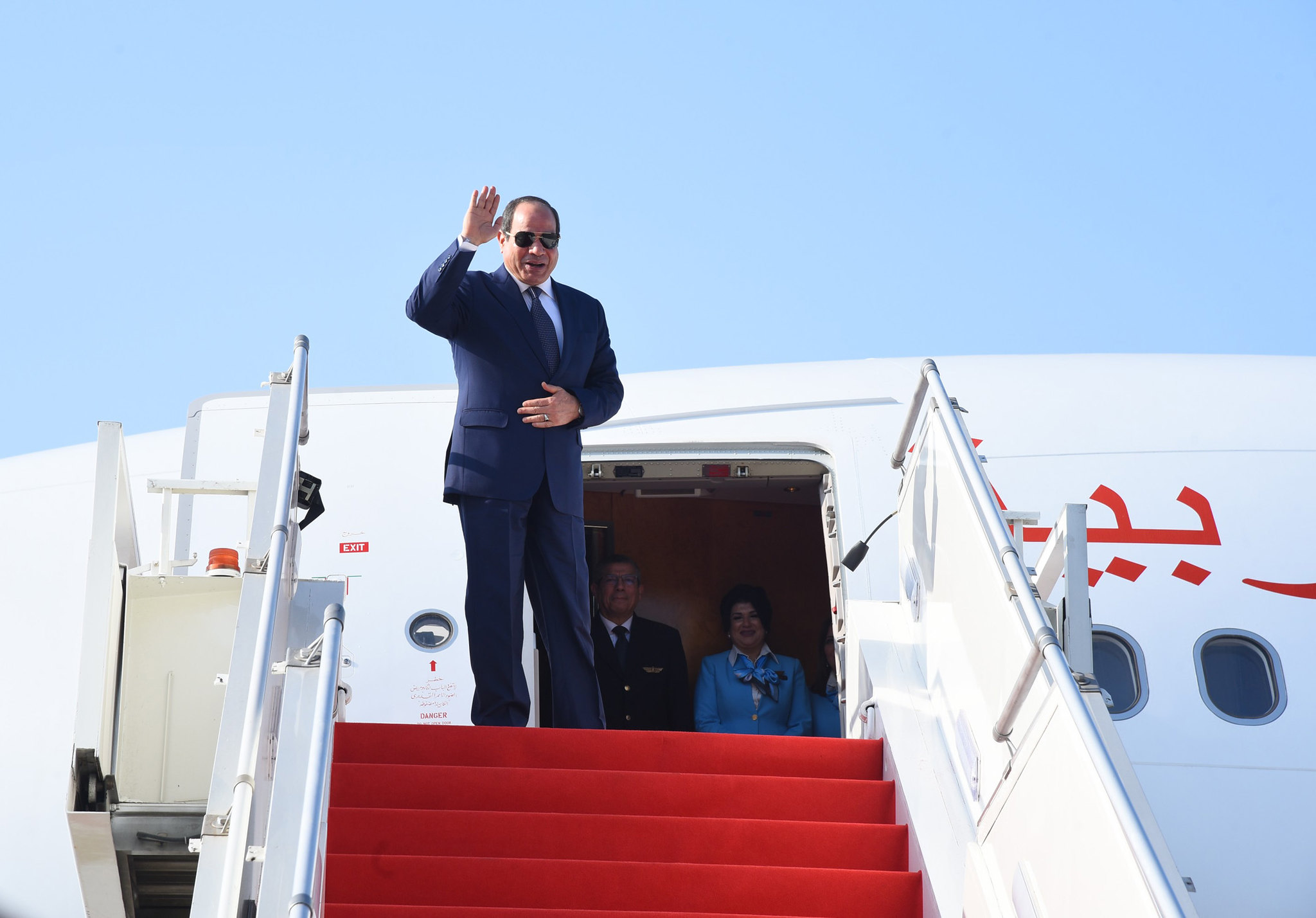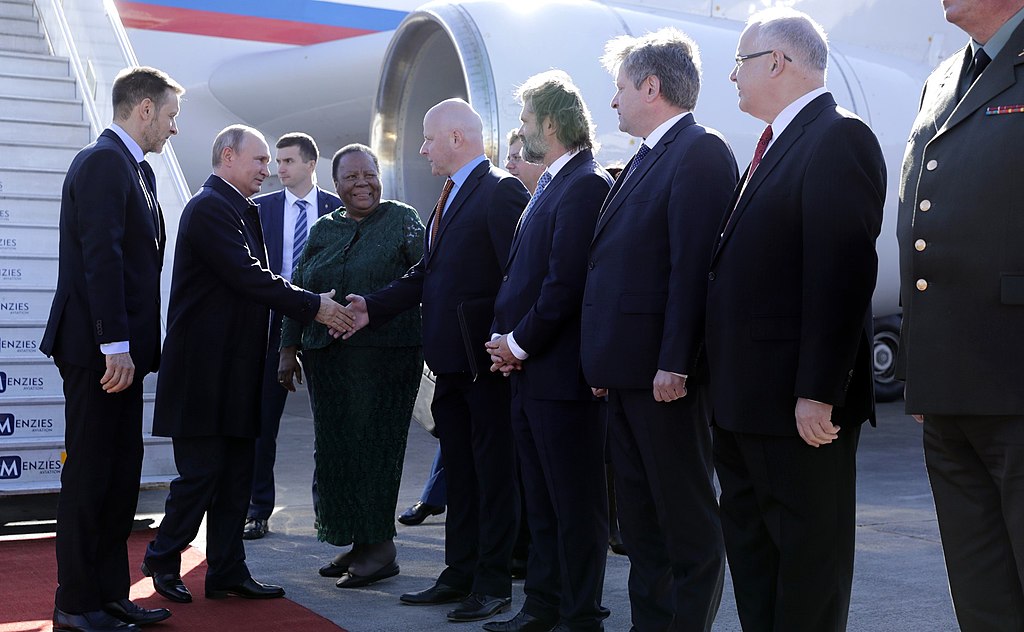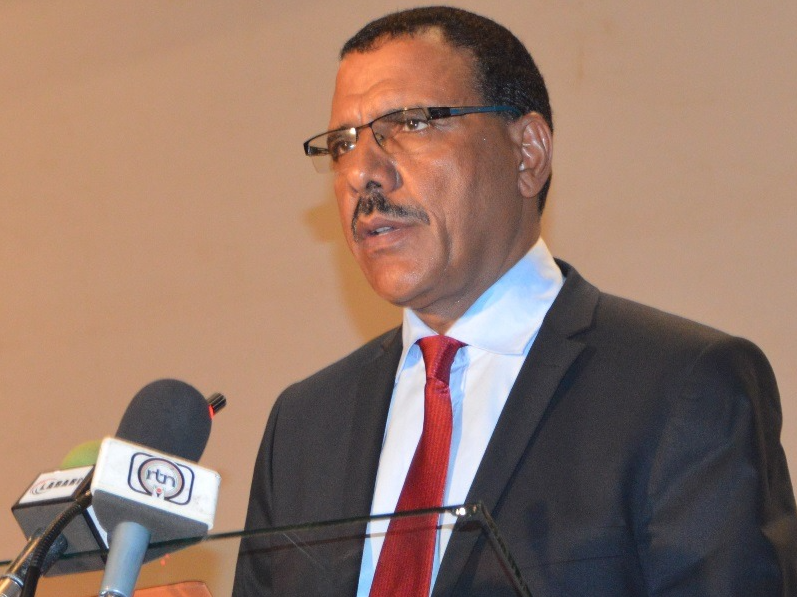
Mohamed Bazoum, the former president of Niger, was deposed by a military junta in July 2023.
“Senegal, Benin, Nigeria and Côte d’Ivoire have said they are ready to send troops, but face internal criticism and hesitation from other West African countries.”
The overthrow of the civilian government in Niger has prompted talk of military intervention by the standby force of the Economic Community of West African States (ECOWAS) to restore deposed president Mohamed Bazoum to power. Those threats by the leader of ECOWAS, Nigerian President Bola, have led to ruptures in the African international order.
On one side are those West African states that showed some support for the proposed intervention. These tended to be the region’s more democratic and pro-Western states. Nigeria, Senegal, Côte d’Ivoire, and Benin have all said at one time or another that they would commit troops, according to the first article from AfricaNews. The article also notes that Niger recalled its ambassador from Abidjan in protest in the aftermath of Côte d’Ivoire’s announcement of its intent to contribute forces.
On the other side are those West African states which, because of their own domestic makeup, have sided with the military junta in Niger and refused to participate in any ECOWAS intervention. As per the second article from AllAfrica.com, the most prominent among these are Burkina Faso and Mali, both of which are ruled by military juntas that came into power under-girded by anti-French, pro-Russian[i] discourse. Flatly rejecting intervention, they expressed that they would instead send a joint delegation to Niger “in solidarity” with the Nigerien junta. The article also underscores that non-ECOWAS members Chad and Algeria, both of which share borders with Niger, assured Niger that they would not participate. Thus, of the seven countries that border Niger, four have said that they would not support intervention (Mali, Burkina Faso, Chad, and Algeria), two stated that they would (Nigeria and Benin), with the seventh, Libya, not having made a clear statement so far of its stance on intervention. Despite the different positions on possible ECOWAS intervention, some broad threads do run through the region. All current, non-suspended ECOWAS members (which excludes Mali and Burkina Faso) have condemned the overthrow and encouraged mediation, even if they do not support military intervention. Broad agreement exists outside of ECOWAS too: such a military intervention poses great risks to the security of the broader West African region, with a significant risk of leading to a region-wide war.
Sources:
“Les militaires rappellent l’ambassadeur du Niger en Côte d’Ivoire, (Military junta recalls Nigerien Ambassador from Ivory Coast), AfricaNews.com. 15 August 2023. https://fr.africanews.com/2023/08/15/les-militaires-rappellent-lambassadeur-du-niger-en-cote-divoire/
The coup leaders recalled the Nigerien envoy in Abidjan on Monday (Aug. 14) after remarks by Ivorian President Alassane Ouattara.
On his return from a summit of the ECOWAS August 10, Ouattara said the heads of state had agreed a military operation should “start as soon as possible”…
“Far from being the expression of the will of the brotherly Ivorian people, whose friendship with the people of Niger is unequivocal, this unusual declaration by President Ouattara and his eagerness to carry out an aggression against Niger which is in every way illegal and senseless, reflects in reality an order addressed to him and certain of his peers in the ECOWAS by other external powers, with the aim of preserving interests that no longer match those of today’s Niger.”…
Senegal, Benin, Nigeria and Côte d’Ivoire have said they are ready to send troops, but face internal criticism and hesitation from other West African countries.
Mimi Mefo Takambou, “Burkina Faso: Mali and Burkina Faso Send Joint Delegation to Niamey ‘In Solidarity’ With Niger,” AllAfrica.com, 11 August 2023.https://allafrica.com/stories/202308070483.html
Mali and Burkina Faso will send a joint official delegation to coup-hit Niger on Monday in a show of “solidarity” between the nations – all of whom are ruled by juntas. Meanwhile a source close to regional bloc Ecowas said an immediate military intervention to restore Niger’s toppled president was not on the cards.
The delegation, announced by the Malian army, is expected to arrive in Niger on Monday, according to Niger’s foreign ministry.
The country’s coup leaders defied a Sunday deadline from the West African bloc Ecowas to reinstate democratically elected President Mohamed Bazoum or face possible military action.Algeria and Chad, which are not part of Ecowas but share borders with Niger, have both stated they will not participate in any military operation.”
Notes:
[i] For more on Burkina Faso’s relationship with Wagner and Russia, see: Jason Warner, “Russia-Supported Military Rulers in Mali, Burkina Faso, and Guinea Continue To Deepen Ties,” OE Watch, 04-2023. https://fmso.tradoc.army.mil/2023/russia-supported-military-rulers-in-mali-burkina-faso-and-guinea-continue-to-deepen-ties/; Jason Warner, “Burkina Faso Fights Terrorism With Recruits and Russia,” OE Watch, 02-2023. https://community.apan.org/wg/tradoc-g2/fmso/m/oe-watch-articles-2-singular-format/436264
Image Information:
Image: Mohamed Bazoum, the former president of Niger, was deposed by a military junta in July 2023.
Source: https://upload.wikimedia.org/wikipedia/commons/3/3b/Bazoum_mhamed.jpg
Attribution: BY-SA 4.0

